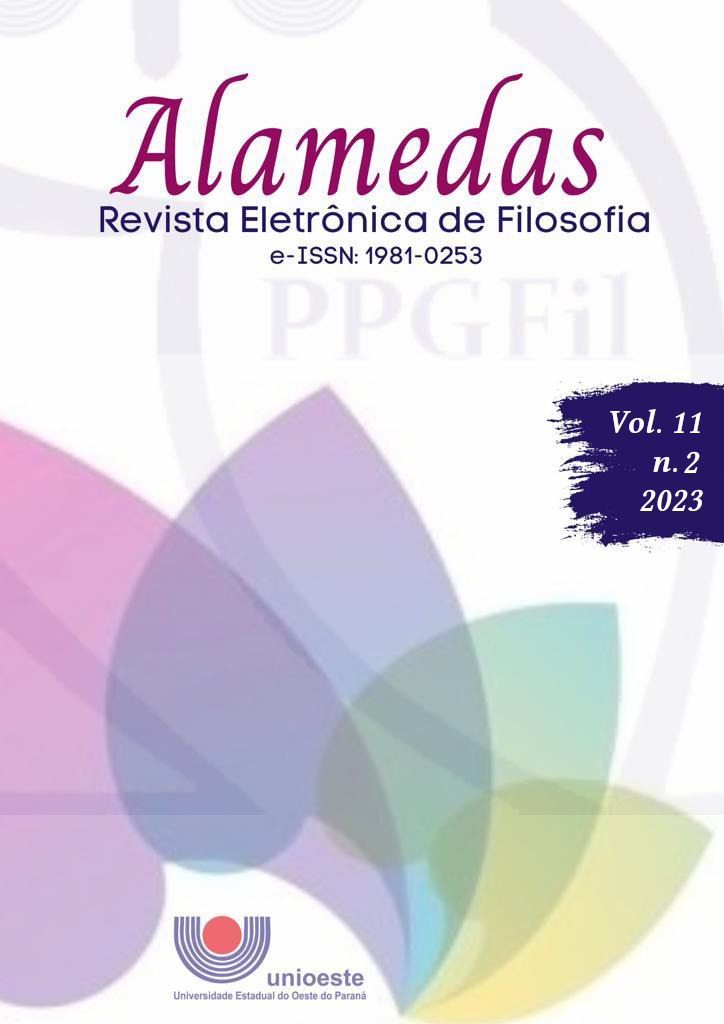The Meaning Life and the Human Rights
a necessary aproach
DOI:
https://doi.org/10.48075/ra.v11i2.32069Abstract
This study explores the issue of the meaning of life from a psychological and legal-philosophical perspective. Its objective is to contribute to the understanding and treatment of the growing existential void in contemporary society. Firstly, it identifies which causes that lead human beings to seek meaning in living, exploring themes such as the human spirit and consciousness, expressed through reason. Secondly, it asks whether it is possible to unveil the meaning of life and, if so, how. To do so, it lists the institutes of freedom, ethics, and objective value. Finally, the research is problematized by questioning whether human rights are legitimate objective values to underpin the personal engagement necessary for a meaningful life. Responsibility, otherness, and altruism are nouns presented as tools for the discovery of a meaningful life. It was demonstrated, through the utilized bibliography, that having a meaningful existence is accessible to any human being. Furthermore, that is important for health and well-being, preventing illnesses such as depression and even avoiding suicides. In conclusion, it is emphasized that human rights are a fact of the world, a language that holds credibility to be included in the equation of the meaning of life, although they are not necessarily the only objective values to be validated as such.
Downloads
Published
How to Cite
Issue
Section
License
Copyright (c) 2023 Alamedas

This work is licensed under a Creative Commons Attribution-NonCommercial-ShareAlike 4.0 International License.
Aviso de Direito Autoral Creative Commons
Política para Periódicos de Acesso Livre
Autores que publicam nesta revista concordam com os seguintes termos:
1. Autores mantém os direitos autorais e concedem à revista o direito de primeira publicação, com o trabalho simultaneamente licenciado sob a Licença Creative Commons Attribution que permite o compartilhamento do trabalho com reconhecimento da autoria e publicação inicial nesta revista.2. Autores têm autorização para assumir contratos adicionais separadamente, para distribuição não-exclusiva da versão do trabalho publicada nesta revista (ex.: publicar em repositório institucional ou como capítulo de livro), com reconhecimento de autoria e publicação inicial nesta revista.
3. Autores têm permissão e são estimulados a publicar e distribuir seu trabalho online (ex.: em repositórios institucionais ou na sua página pessoal) a qualquer ponto antes ou durante o processo editorial, já que isso pode gerar alterações produtivas, bem como aumentar o impacto e a citação do trabalho publicado (Veja O Efeito do Acesso Livre).
Licença Creative Commons
Esta obra está licenciada com uma Licença Creative Commons Atribuição-NãoComercial-CompartilhaIgual 4.0 Internacional, o que permite compartilhar, copiar, distribuir, exibir, reproduzir, a totalidade ou partes desde que não tenha objetivo comercial e sejam citados os autores e a fonte.


